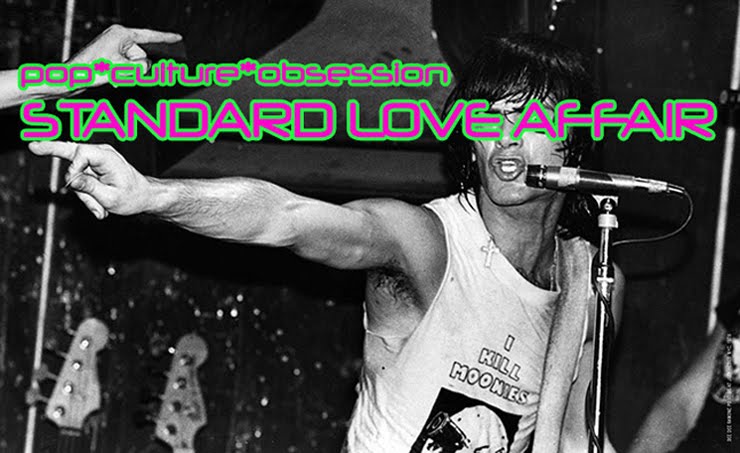“When did I first begin to sing? You might as well ask me when did I first begin to walk and talk. In New Orleans where I lived as a child, I remember singing as I scrubbed the floor. It would make the work go easier.”
These, ladies and gentlemen, are the words of the undisputed Queen of Gospel, Mahalia Jackson. You see, Mahalia came from a time and place where the physical abuse, abject poverty and racial tension sent you early to one of two places, to the grave or to the lord.
We all recognise that true soul can be the product of true hardships, true suffering. Well the Good Lord chose to lay that shit on thick with Little Mahalia Jackson. Born in to a three roomed household that sheltered her 13 strong family, her early life in early 1900’s New Orleans certainly provided her with enough inspiration to find any kind of solace she could. She developed bowed legs and her mother died when she was 5, leaving her at the mercy of her cat-o-nine tails wielding Aunt, who took the leather to her if she hadn’t sufficiently scrubbed their dilapidated dwelling spotless. The family was so poor that as a child, Mahalia would have to walk barefoot to school before she was pulled out by her aunt for a young life of domestic chores that would only end when the sun quit the southern skies. The solace that she finally found was in the house of God, where Mahalia opened her mouth to reveal a voice that legendary gospel songwriter Thomas A. Dorsey described as “...a voice that nobody ever had or ever will”.
At sweet sixteen, she made the well trodden migratory trip north to Chicago with only her voice and her faith to see her safe. When her body was returned to New Orleans in 1972, over 60,000 turned up to show their respects for the lady who had escaped poverty to become the first superstar of gospel music. Her impact on the world of Gospel Music was underscored by her influence on the world of Soul Music, and ultimately, Black American History. Her breakthrough song ‘Move On Up A Little Higher’ sold over 8 million copies, she mentored a young Aretha Franklin, she stood and sang at the side of Martin Luther King Jr’s during the 1963 ‘March On Washington’, and above all stood firm to her faith, refusing to sing secular music, regardless of the greater wealth that she would have been able to wade in to.
There’s no need to go deep in to the details of Mahalia Jackson’s career, I just wanted to highlight that from nothing, she became everything. Did I need to tell you, or should I have just posted this song? The voice, it holds it all.



